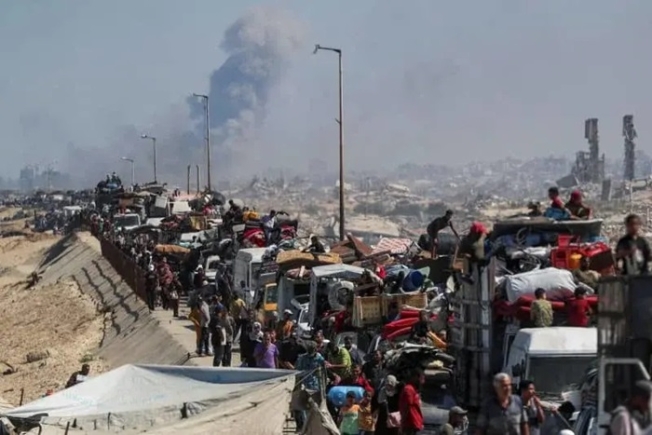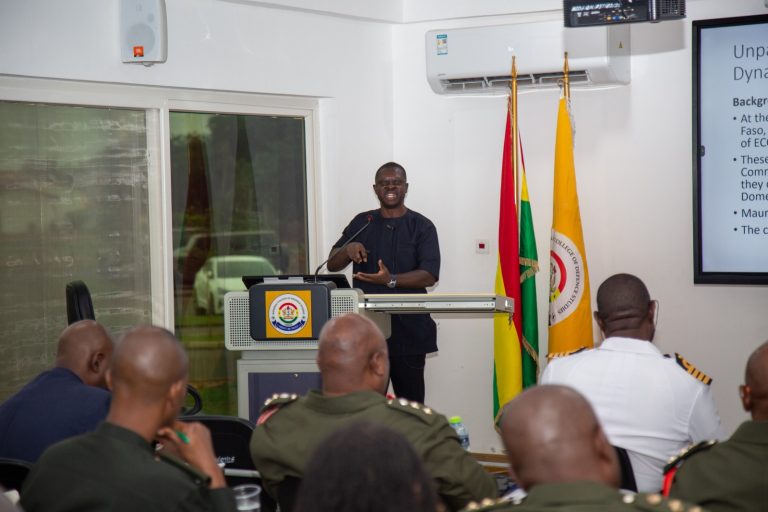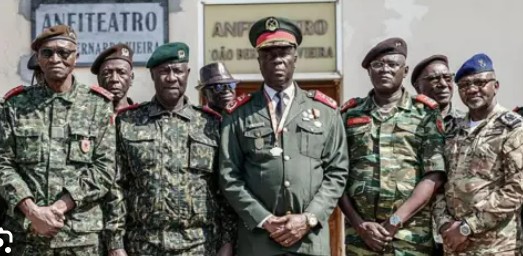Elections in most African countries have been keenly contested and, in some cases, marred by allegations of electoral irregularities. This therefore requires a strong electoral justice system that contributes to democratic development by ensuring that the electoral processes are credible, free, and widely acceptable.
The 2023 election in Liberia has been touted as one of the continent’s most peaceful and exemplary elections. The then-incumbent President George Weah, who was seeking a second term in office, conceded defeat to his rival, former Vice President Joseph Boakai. While this was a positive development, the region has also witnessed election results that were highly contested, and aggrieved parties sought redress using the judicial system.
The Center for Democratic Governance (CDG), Liberia, undertook this advocacy project and produced this policy brief, which focuses on electoral fairness and its implications for electoral petition adjudication. The West Africa Democracy Solidarity Network’s DEMOS Fund provided funding for the advocacy campaign.
The brief highlights the standards set by the Supreme Court in adjudicating disputes that arise from the conduct of an election in Liberia identifies challenges, and proposes recommendations on how to address them.



